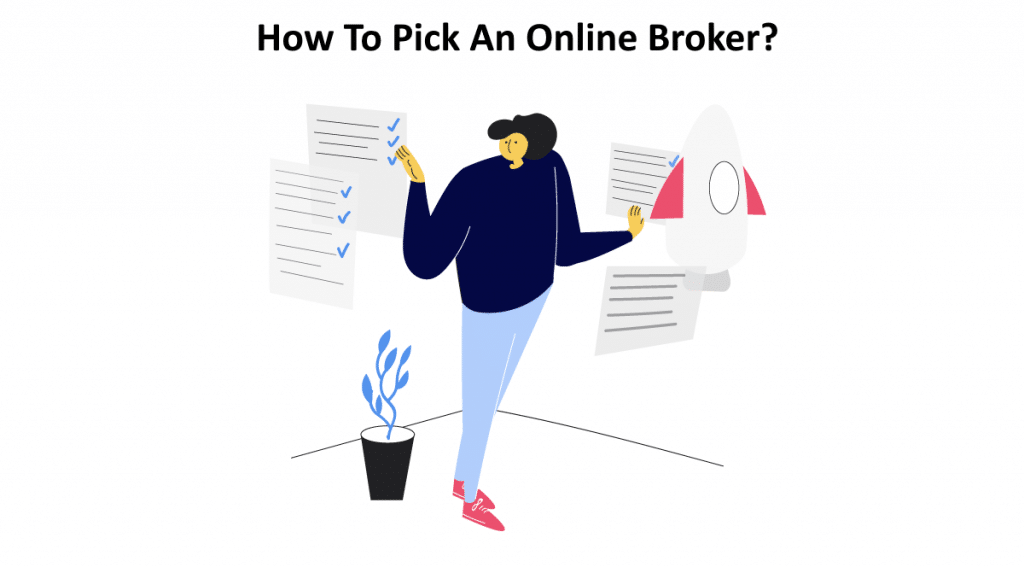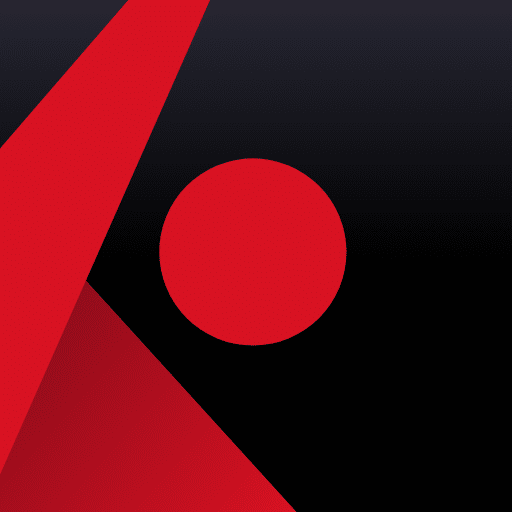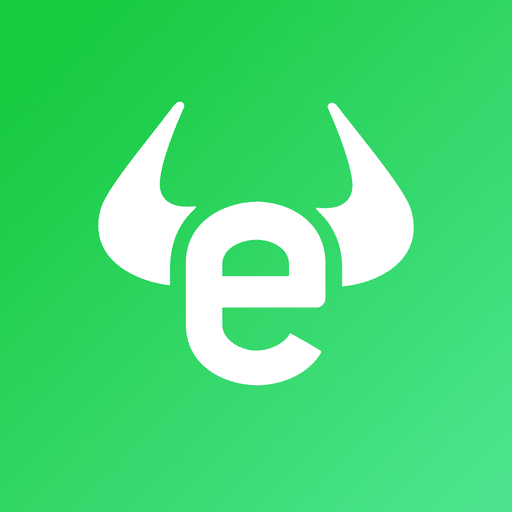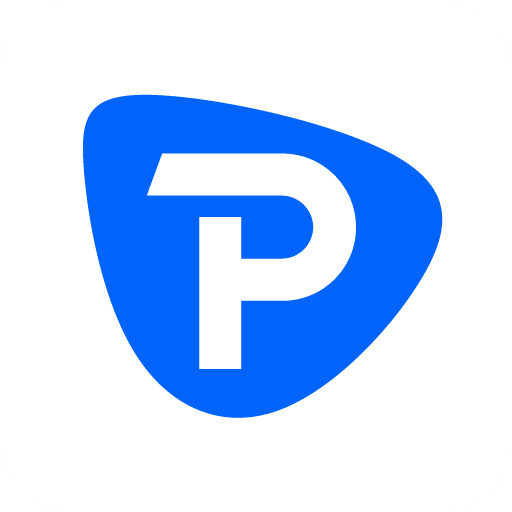If you’re looking to get into the world of online retail trading, the first step is picking out the right broker for you. There are hundreds of different online brokers to choose from, and picking the right one is tricky.
There are a few areas where brokers differ from each other: commission, trading platform, research and educational tools, and more.
But what do these mean to you, the trader?
We’ve put together this helpful resource to guide you through picking the right broker.
Regulation
The first thing to inspect when looking for a retail broker is their level of regulation. Depending on where the broker is listed, it will be governed by different authorities.
Brokers based in the EU are regulated by ESMA. Many brokers are based in Cyprus and are regulated by CySEC. American brokers by the SEC, the UK by the FCA, etc. Any country with a stock exchange will have its own regulatory body.
The level of regulation that each broker follows will determine what rules and protections traders using that broker have. It sets leverage and margin limits to determine whether funds are kept in segregated accounts and financial reporting laws.
Regulation also affects what instruments traders have access to. For example, brokers and traders in the US are prohibited from trading CFDs on underlying instruments.
Fees & Commission
Most brokers charge a commission on every active trade as a means of making money. These commissions are fractional percentages based on the trade volume.
Commission amounts vary depending on volume, trading instrument, and broker. Normal trading commission should be between 0.02% and 0.08%, but it can be higher.
People often suggest choosing the broker with the lowest spread and commission structure, but this isn’t always correct. Some brokers that charge higher fees might give access to more trade options, educational material, or execute trades faster.
All of these factors need to be considered before committing to a broker.
Tradable Instruments
There are almost countless options to choose from when it comes to deciding what you want to trade. You can choose from stocks, mutual funds, CFDs, Forex, Cryptocurrencies, commodities, and more.
Depending on your goals and strategies as a trader, the instruments you have access to will be crucial in finding success. Some brokers, such as eToro, offer a wide range of instruments with limited depth.
Others, such as FXPro, offer a more limited range with more depth.
It’s also important to check that your region allows you to trade in the instruments you want. US traders are restricted from trading CFDs. New legislation coming out of the EU is likely to limit cryptocurrency trading.
Minimum Deposits
Many brokers have a minimum deposit amount that’s required to open an account. This amount can vary anywhere between $20 and $100. Some brokers offer a bonus if users deposit large amounts.
You should also look at the fees charged to deposit and withdraw funds from your trading account. Some brokers allow users a certain number of free transactions, but most charge a fee.
Education
Retail trading is a dynamic, constantly evolving world. Even veteran traders have to learn new tricks and trends to stay profitable. For this reason, most brokers have some educational resources to teach traders the ins and outs of market sentiment.
Broker education can take many different forms. Some of them are simple, informative slideshows. Some brokers host regular webinars with industry experts to explain important trends or concepts.
Before committing to a broker, have a look at their educational resources and decide if it’s a fit for you. Some brokers cater towards more experienced traders and their educational resources reflect that. Others are specifically geared towards helping new traders get off the ground.
Trading Platform
The trading platform that your chosen broker uses will determine many aspects of your trading strategies. Brokers use trading platforms to execute their trades as well as providing analytical data and financial news.
By far the most popular trading platforms are MetaTrader 4 and 5 (MT4/MT5). These platforms are renowned for being easy to use, fast, and reliable.
Most large brokers will use some modified version of one of the MetaTrader platforms. Smaller brokers or ones catering to a niche market will sometimes have a proprietary trading platform designed to suit their needs.
When looking for a trading platform to use, consider which instruments you want to trade. MT4, for example, is geared primarily towards Forex trading and is not well suited to cryptocurrency or commodity trading.
Research Tools
One service that brokers provide to their users is access to research and analytical tools. These tools are crucial to finding success in online trading.
Traders use these tools for charting stock activity in candlestick graphs, technical indicators, and newsletters.
Having access to useful research tools will set you apart from other traders. Being able to predict market movements effectively is key to finding profitable trades.
Brokers have their own research tools, some of which are modified platform tools, others build entirely new tools from scratch.
Conclusion
Trading is an inherently risky business. To turn a profit, you have to put your own money on the line. Being equipped with the best, most up-to-date information and tools, is going to set you apart from other traders.
You want to make sure that you’ve done your research on all possible brokers. The areas we’ve covered here are the most important to consider when choosing a broker, but there are many others where brokers differ from one another.
This article is a good starting point if you’re curious to find a broker that fits your need, but it’s only the first step. If you want to be successful in trading, constantly researching and adapting is going to be crucial.
With all that covered, you’re ready to take the first step in online retail trading. Good luck!




